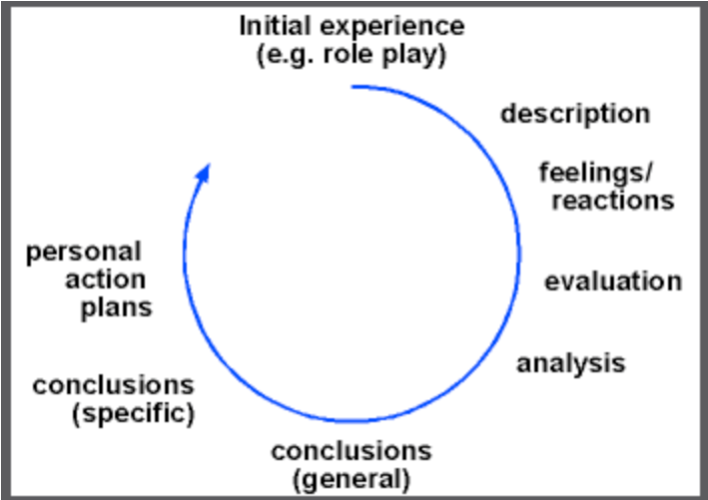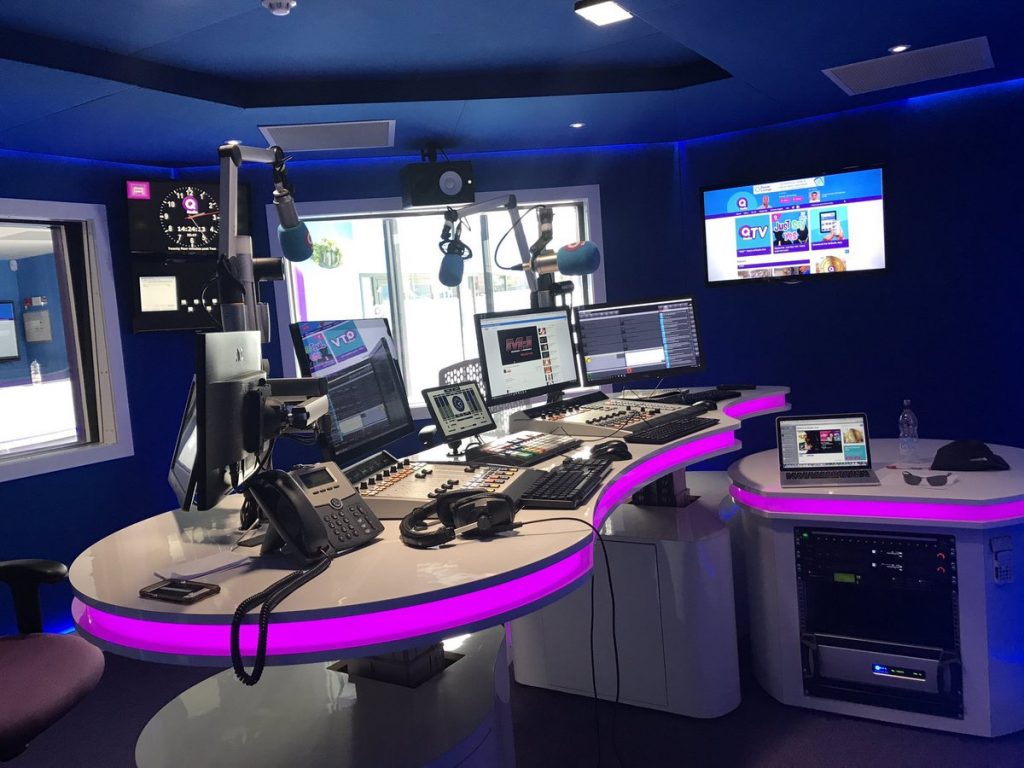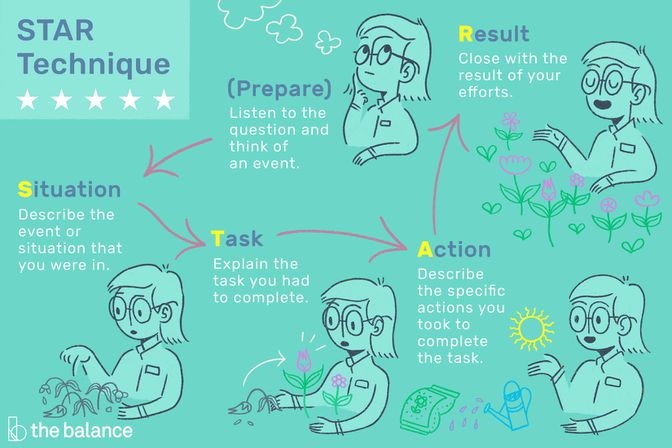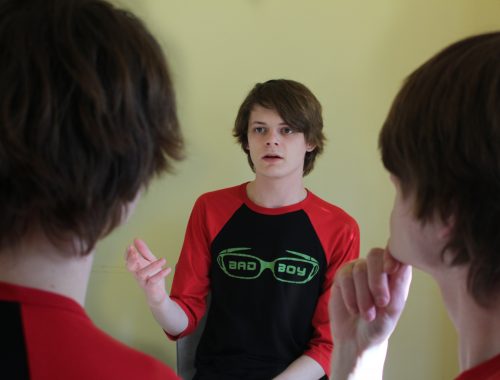“Feel the Fear and Do It Anyway”
As we come closer to the end of our undergraduate studies at Queen’s, it’s now time to look at what’s coming next. As part of our Work Based Learning module, we had been set the task of completing simulated interviews to help us gain experience in joining the real world of work. American scholar and psychologist, Susan Jeffers’ novel titled “Feel the Fear and Do It Anyway”, perfectly summarises my thoughts of the days leading up to the interview, as well as interview day itself.

I was lucky enough that this wasn’t my first ever interview. I completed an interview for my current part-time job, and I also took part in simulated interviews in sixth form to help with university applications. The process of my previous simulated interview however wasn’t awfully successful, as arts students were deemed less important; potential medics and dentists were interviewed by highly accomplished and well-known professionals in their fields, while I was interviewed by an 80-year-old organist from a local church. Don’t get me wrong, the lady was lovely, but she had no insight into the industry that I was hoping to embark upon.
Gibbs’ is a key scholar in reflective writing and the importance in learning from your experiences. He developed the Gibbs’ Reflective Cycle in 1988, which I will use to reflect upon my simulated interview experience.
Choosing a job for my peers to interview me on was the first step of this process. I decided on a job listing from the Bauer Media website for an Imaging Producer at Kiss Radio. I wasn’t completely convinced that this was the right job for me, but it linked in perfectly with my current placement with Q Radio. I knew that I would have lots to talk about and would be able to link my experiences at Q Radio and Queen’s Radio to the job description.

Preparation was the next step in my interview journey. I found some potential interview questions that were shared with us via Canvas and researched some more myself. These included autobiographical, competency-based, strength-based, technical and commercial awareness questions. I was rather overwhelmed when I realised how many different questions I could be asked. I wasn’t aware of all the different styles of questions until our lecture on interviews with our careers advisor, Emma. Looking back, I’m grateful that she helped break down the questions into these categories for us, and it meant that I could then approach answering them in a logical format.
Now actually thinking of answers to all the questions – that’s another story altogether! I obviously know who I am, what I like doing, what I’m good at and what I think I’d like to do but portraying all of these things into interview answers proved difficult. Writing ideas of answers was extremely challenging, however it really made me think about who I am as an industry professional and what skills and experience I can bring to a potential employer and their company.
Interview day itself? Nowhere near as nerve wrecking as all the preparation. Knowing that we were all in the same boat helped settle the butterflies as we entered this unknown. Each of us took a turn at being interviewed by the rest of the group – a panel of four versus one. I was the last interviewee which on one hand allowed me to assess how my own interview would pan out, but on the other hand, I had to wait nervously for almost an hour and a half before being interviewed. This allowed plenty of time for the self-doubting thoughts to kick in. It’s difficult when intrusive thoughts such as these begin to creep in, but there’s always something that we can learn from listening to each other, our mistakes and successes, ideas, experience and wisdom (Bolton, 2018).

One point that I did pick up on from listening to the others was their use of the STAR technique. STAR stands for Situation, Task, Action and Result, and can be useful in interviews for structuring answers for competency-based question such as “Tell me about a time when you…” (Doll, 2017; Doyle, 2021). Seeing others struggling to use the technique while under pressure was a huge relief for me. It made me make an extra effort to try and use it in my answers, but the nerves and unnaturalness of the environment made it tricky.
One thing that I could’ve done once I’d written up mock answers was to practice some of them with a friend or family member, or simply saying them to myself in the mirror. I believe this would’ve provided me with more confidence in myself, in my abilities and in convincing the panel that I was the right person for this job. The general feedback that I received from my peers was good – my confidence was my main downfall and they suggested I speak a little louder, which I know is linked to my lack of self-confidence. Jeffers believes that “Every time you encounter something that forces you to “handle it,” your self-esteem is raised considerably” (Jeffers, 2019). Although I believe this to be true, I don’t believe it as something that is always true about myself because of how self-critical I am, but it’s an aspect of myself that I’d like to work on.
Completing this task as a whole was a hugely beneficial experience for me. I learned how to analyse job descriptions for various posts and put together potential interview answers. It was terrifying and stressful trying to figure out what direction I’d like to go in after university, but I have come out the other end with more confidence in myself, and newly developed interview skills that I only hope will improve over the years. I have since applied for a radio production trainee scheme with the BBC. Hopefully I’ll make it through to the interview stage so I can test out all my new skills and secure the post!
Bibliography:
Bolton, G. and Delderfield, R., 2018. Reflective Practice: Writing and Professional Development. 5th ed. London, UK: SAGE Publications Ltd, pp.12-14.
Doll, J., 2017. Structured Interviews: Developing Interviewing Skills in Human Resource Management Courses. Management Teaching Review, [online] 3(1), pp.46-61. Available at: <https://doi.org/10.1177/2379298117722520> [Accessed 10 February 2022].
Doyle, A., 2021. What is the STAR Interview Response Technique?. [online] The Balance Careers. Available at: <https://www.thebalancecareers.com/what-is-the-star-interview-response-technique-2061629> [Accessed 10 February 2022].
Graham, G., 2013. Learning by Doing: a guide to teaching and learning methods. 1st ed. [ebook] Oxford: Oxford Brookes University, pp.78-90. Available at: <https://shop.brookes.ac.uk/product-catalogue/oxford-centre-for-staff-learning-development/books-publications/ebooks/learning-by-doing-a-guide-to-teaching-and-learning-methods-by-graham-gibbs-ebook> [Accessed 10 February 2022].
Jeffers, S., 2019. Feel The Fear And Do It Anyway. London, UK: Vermilion, pp.95-96.
The Dreaded Simulated Interview
Simulated Job Interview
You May Also Like

So You Want To Be A Teacher?
17 February 2022
Shocker, Tom also sucks at interviews!
18 February 2022
